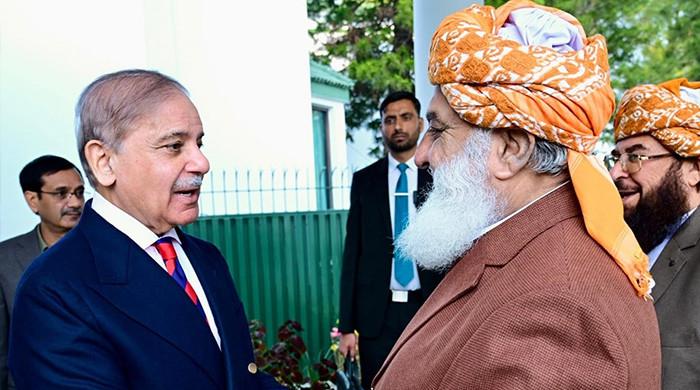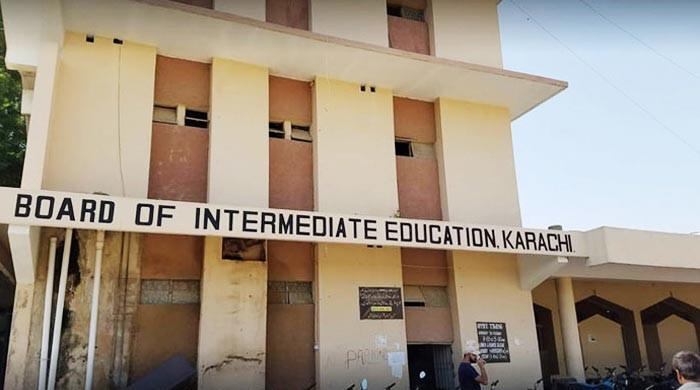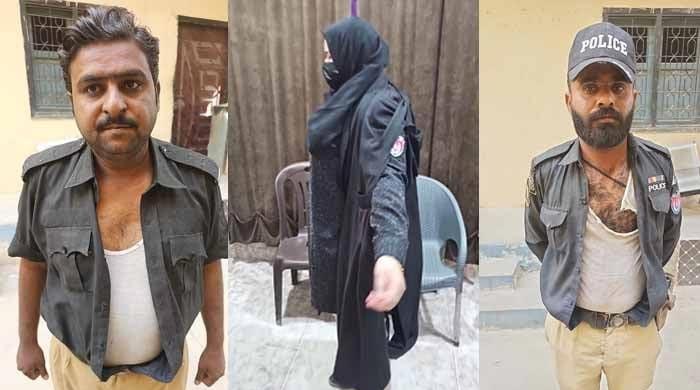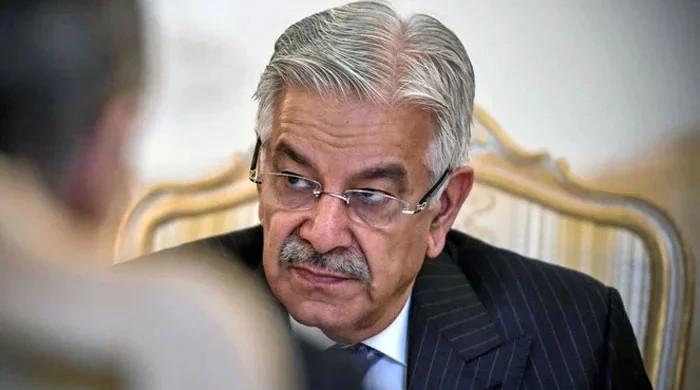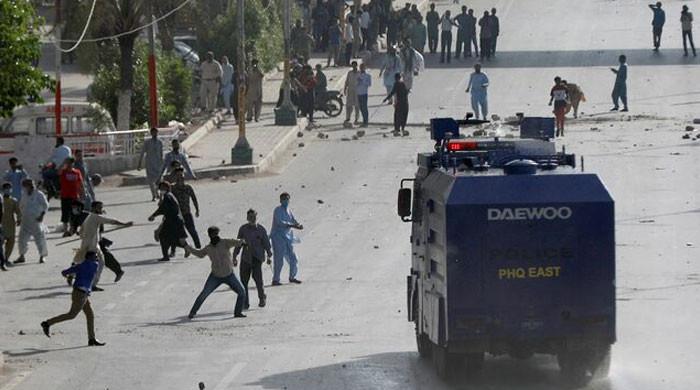Govt, stakeholders urged to strengthen religious freedom
Forum calls for media to include voices of religious minorities in their coverage of political, economic, other national issues
December 16, 2023
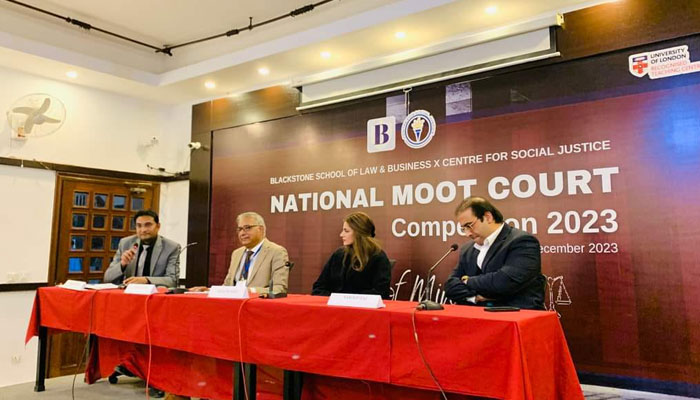
As Pakistan battles social and cultural polarisation amid worrying levels of religious intolerance, experts Saturday called on the stakeholders to ensure the strengthening of legal safeguards to ensure religious freedom in the country.
During the panel discussion titled “The Scope of Article 20 and the Constitution of Pakistan and Practices” renowned jurists, journalists, and human rights activists mulled over prevailing issues hindering the upholding of fundamental rights enshrined in the Constitution of Pakistan — and the measures to address them.
The event is part of a three-day national moot court competition 2023 on the topic “Rights of Religious Minorities and Forced Faith Conversion in Pakistan”.
Speaking on the occasion, Centre for Social Justice (CSJ) Executive Director Peter Jacob stressed the freedom of religion and the operationalisation of freedom of religion.
Meanwhile, commenting on the issue of forced conversions, Advocate Saroop Ijaz termed the phenomenon as a violation of constitutional protection of freedom of religion enshrined in the Constitution.
Both Jacob and Ijaz highlighted the Jillani judgment (SMC No. 1 of 2024) wherein the court held that Article 20 of the constitution of Pakistan guarantees religious freedom to all citizens equally, and it should be interpreted in line with the religious identity of the individuals involved.
The forum also called on the media to include the voices of religious minorities in their coverage of political, economic, and other events in Pakistan especially in the wake of upcoming general elections slated for February 8, 2024.
The panellist underscored that textbooks developed under a single national curriculum of subjects namely English, Urdu, and social science shouldn't be taught to religious minorities — with respect to their religious beliefs — as guaranteed in Article 22(1) of the constitution of Pakistan.




